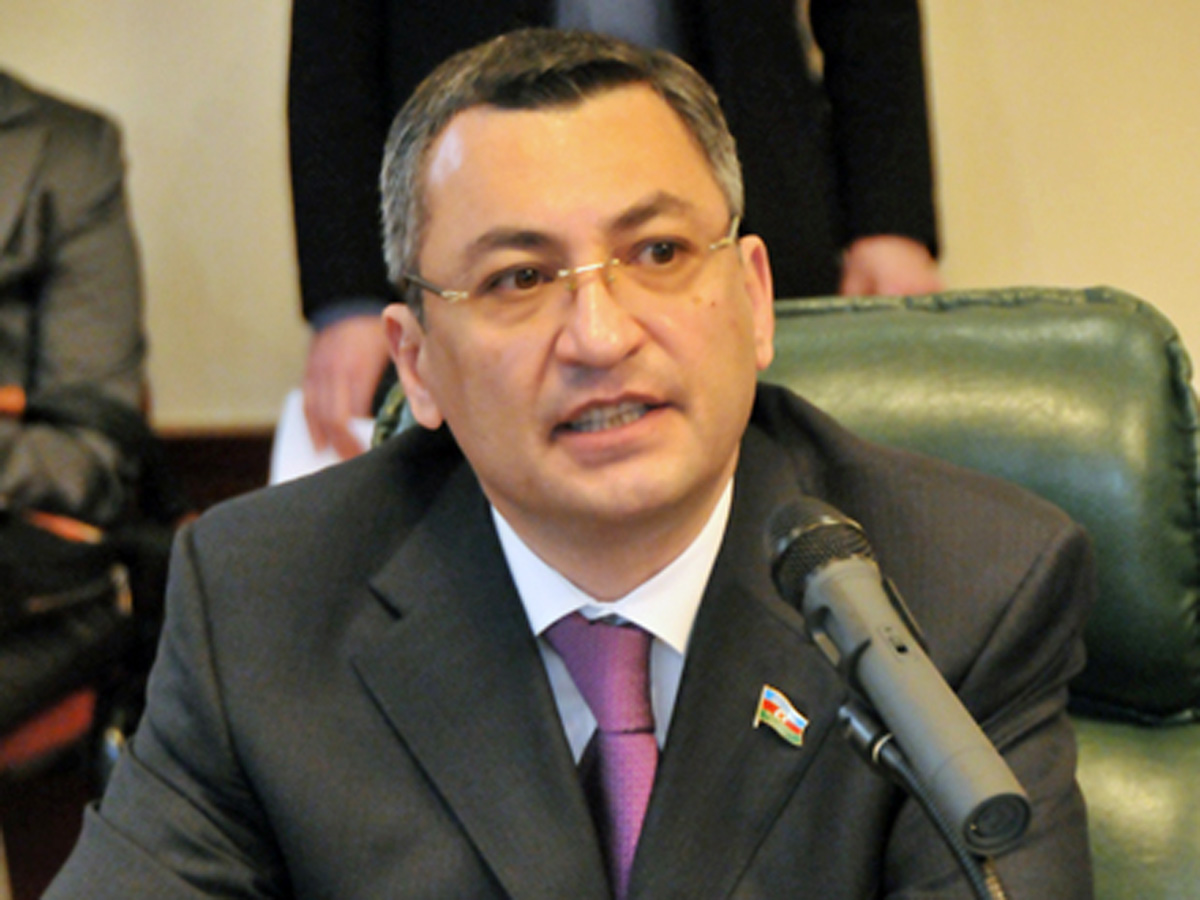BAKU, Azerbaijan, Nov. 1
By Ilhama Isabalayeva - Trend:
There are still IDPs in Azerbaijan who live in difficult conditions, Rovshan Rzayev, chairman of Azerbaijan’s State Committee for Refugees and IDPs, said at a round table meeting in Baku held in connection with the provision of assistance to IDPs in Azerbaijan by the Office of the UN High Commissioner for Refugees, Trend reports Nov. 1.
Rzayev said that as a result of Armenia's occupation policy there are many refugees and IDPs in Azerbaijan.
“Armenia continues to pursue occupation policy," the chairman noted. "Meanwhile, thanks to Azerbaijan, a lot of work is being done to improve the living conditions of IDPs, and this policy continues.”
Rzayev added that 106 settlements have already been built for IDPs, and about 300,000 people live there.
“President Ilham Aliyev allocates funds to improve the living conditions of IDPs, and the settlements are built by using these funds," the chairman said. "First Vice President Mehriban Aliyeva makes a great contribution to this process. ”
The head of the committee considered it appropriate that joint hearings be held in the UN Office in Baku to discuss the situation regarding the implementation of UN resolutions adopted on the Armenia-Azerbaijan Nagorno-Karabakh conflict.
“That is, we need to look for ways to implement the resolution mechanism, exchange views on the implementation progress of the adopted resolutions and discuss in which direction the mechanism for their implementation can be implemented," Rzayev added. "We can work together to improve the situation of IDPs."
The conflict between the two South Caucasus countries began in 1988 when Armenia made territorial claims against Azerbaijan. As a result of the ensuing war, Armenian armed forces occupied 20 percent of Azerbaijan, including the Nagorno-Karabakh region and seven surrounding districts.
The 1994 ceasefire agreement was followed by peace negotiations. Armenia has not yet implemented four UN Security Council resolutions on withdrawal of its armed forces from Nagorno-Karabakh and the surrounding districts.






